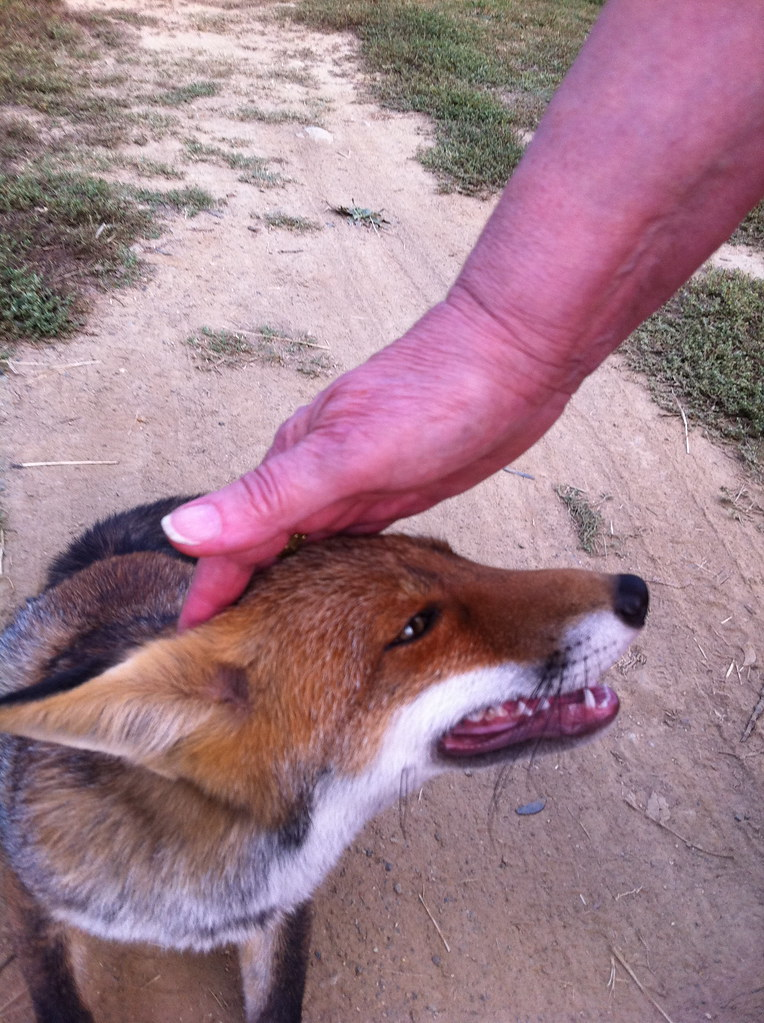One of the most aggravating comments I’m getting increasingly tired of hearing from people who are anti-exotic pet is the argument that “dogs have been bred for thousands of years.”
This is, of course, completely untrue. Yes, dogs have been “domesticated” (I can actually argue that dogs aren’t domesticated, which will blow your mind) for some number of years in the thousands range (the exact amount is heavily disputed in the scientific community). However, it certainly didn’t take thousands of years for dogs to become “domesticated.”
Furthermore, people who make this argument really need to take note of the fact that despite such “thousands of years”, plenty of dogs have behavioral problems, and some are severe enough to warrant euthanasia. It might be a controversial practice, but it really shouldn’t be.
Anyone who truly reads the stories of those who’ve gone through the emotionally draining challenge of living with and trying to cure a dangerous dog will understand that some dogs cannot be “cured.” Sometimes, these issues are due to trauma or poor treatment, however, this doesn’t happen to every dog. Plenty of dogs come from terrible backgrounds but still have excellent temperaments.
Instead, it seems as though only certain dogs, likely due to genetics, are prone to severe anxiety and aggression. In many cases, this can happen to dogs that aren’t mistreated and were raised since puppy-hood by their loving owners. The sad fact is that genetics rule the roost. While some owners can manage their dog’s issues, others aren’t so lucky and it is in no way their fault.
This leads me to the subject of exotic animals and the claim that they shouldn’t be pets because they aren’t “domesticated.” There is a constant push from dog fanciers to buy dogs from “responsible” breeders who are very strict about which animals enter their breeding program. A big part of this involves choosing the correct temperament.
So far, I have yet to hear of a dog with problematic behavior originating from a stringent breeding program from a “reputable” breeder, and this is why animal professionals loathe “backyard breeders” who do not do expensive health testing and make other informed assessments. Therefore, it seems that even “domesticated” animals require specialized techniques to ensure that their behavior is consistently docile and non-problematic.
So I got to thinking, this isn’t really a thing with exotic pets.
In most cases, exotic animals are not selectively bred for temperament — rather — the objective is just to produce as many of the species as possible. In some of the few cases where an exotic pet species is part of a breeding program, it is for coloration, such as what is occurring with ball pythons, sugar gliders, and hedgehogs, or “breed” creation, such as is the case with Savannah cats.
In many cases, breeders don’t really have a choice, as some species are difficult to breed or they exist in low numbers within the pet trade. There may not be sufficient demand for “well-bred” exotic pets such as fennec foxes and kinkajous.
My point is this; if even dogs, which are the quintessential “domesticated” animal, require extensive research, testing, and education on the part of the breeder to produce even-tempered animals that are excellent pets, not to mention that most pet dogs are spayed or neutered, why do we assume that exotic animals — where these efforts are not really carried out — make such terrible pets in comparison?
Maybe if the culture that surrounds dogs existed in other species, we’d be looking at animals that can adapt to captivity more readily, and have traits such as increased docility, calmer behavior, and better “bathroom habits.”
We can deduce from the famous Russian Farm Fox Experiment, where foxes were selectively bred for tameness (and aggressiveness) to test the hypothesis of domestication syndrome (traits such as floppy ears, curly tails, etc. being associated with increased docility) that behavior can be selected for in species not normally considered to be “domesticated” (although the foxes in the experiment were actually “domesticated” initially, depending on which version of the word one uses).
Therefore, there’s no reason this cannot be accomplished in servals, wallabies, and even primates, although none of these species will become dogs (dogs are always the standard people think is being aspired to when “domesticating” an animal) because they are their own separate species with their own specific traits. This was the case with the Russian foxes.
I think breeders ought to try their hand at “domesticating” exotic pets when possible, attempting to only breed animals that have an exemplary temperament. This would only serve to improve the exotic pet trade, just as dog people demand that their species must always be “improved.”


